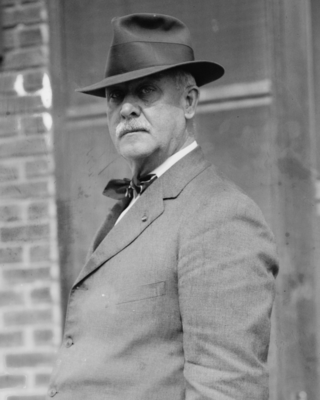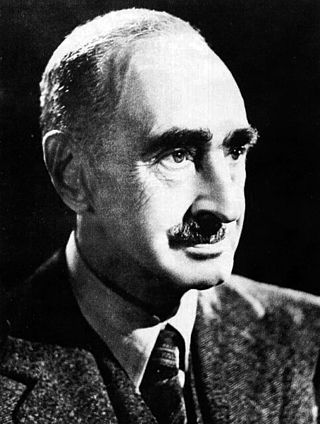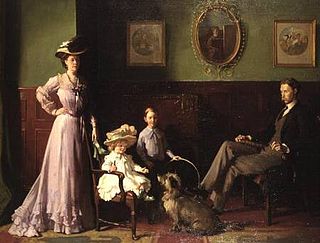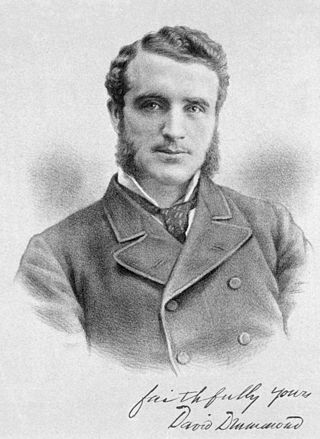
Ardolph Loges Kline was an American politician and New York National Guard officer who became acting Mayor of New York City on September 10, 1913, upon the death of Mayor William Jay Gaynor, serving for the rest of the year. He was later a United States representative from Brooklyn (1921–1923).

John Anderson, 1st Viscount Waverley,, was a Scottish civil servant and politician who is best known for his service in the War Cabinet during the Second World War, for which he was nicknamed the "Home Front Prime Minister". He served as Home Secretary, Lord President of the Council and Chancellor of the Exchequer. The Anderson shelters are named after him.

Sir Andrew Caldecott was a British colonial administrator.

Marcus Samuel, 1st Viscount Bearsted,, known as Sir Marcus Samuel between 1898 and 1921 and subsequently as The Lord Bearsted until 1925, was a Lord Mayor of London and the founder of the Shell Transport and Trading Company, which was later restructured including a Netherlands-based company commonly referred to as Royal Dutch Shell.
The London League was a football competition that was held in the London and surrounding areas of south-east England from 1896 until 1964.

Captain George Sitwell Campbell Swinton was a long-serving Scottish politician and officer of arms.

Sir Edward Hildred Carlile, 1st Baronet, was an English businessman and Conservative Party politician.

Captain Sir Ion Hamilton Benn, 1st Baronet, CB, DSO, TD was a British politician and businessman. He was a Conservative member of parliament from 1910 to 1922.

Mary Beatrice Rundle was the first officer in charge of the Women's Royal Naval Service (WRNS) at Portsmouth during World War II. At the end of the war, she was promoted to superintendent, the third highest post in the service. She was born at Highfield, Southampton, the younger daughter of engineer rear admiral Mark Rundle. She was educated at Sheffield High School for Girls, where she won an open scholarship to study at Harrogate Ladies' College. In the 1930s, she was employed as Sir Anderson Montague-Barlow's personal secretary.

Sir David Drummond CBE was an Anglo-Irish physician and president of the British Medical Association. He was warden and vice-chancellor of the University of Durham between 1920 and 1922, having also served as the president of the university's College of Medicine in Newcastle.

Sir D'Arcy Power, was a British surgeon, medical historian, and contributor of some 200 articles on famous surgeons and other related figures to the Dictionary of National Biography.

Sir John Rose Bradford, 1st Baronet was a British physician.

Sir Hugh Lett, 1st Baronet, was a British surgeon with a special interest in urology and headed the London Hospital's genito-urinary department for many years.
Major Sir William George Coxen, 1st Baronet was a British merchant and politician.
Dame Florence Barraclough Lambert DBE, commonly known as Barrie Lambert or Florence Barrie Lambert, was an English nurse, later physician and public health administrator.
Arthur John McCormack, CBE, (1866–1936) was an English businessman and patent holder. He is principally associated with Vickers' Wolseley Motors Limited where he was MD from 1911 to 1923 when Wolseley was Britain's largest motor manufacturer.
The New Year Honours 1920 were appointments by King George V to various orders and honours to reward and highlight good works by members of the British Empire. They were published on 1 January 1920 and 30 March 1920.

The Operations Division was a former directorate of the Admiralty Naval Staff responsible for the creation and implementation of long-term policy in regards to the composition of all Royal Navy fleets, squadrons and commands and including operational planning and monitoring from 1912 to 1961.
Bernard Hart was a British physician and psychiatrist.